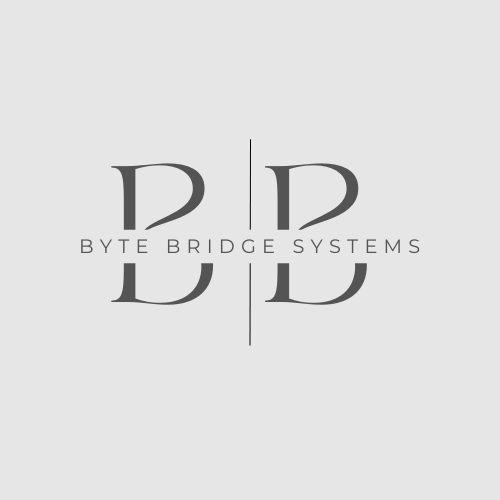Views: 1
Are you looking to harness the power of Moodle for your online classes but unsure of the potential benefits and challenges it may bring? Dive into this comprehensive guide as we explore the 10 positive values and 10 challenges of using Moodle for your online learning endeavors.
Whether you are an educator seeking a cost-effective and customizable platform or an institution aiming to enhance online education, understanding the strengths and limitations of Moodle can help you make informed decisions to elevate your digital learning experience.
Let’s uncover the exciting possibilities and considerations that come with utilizing Moodle as your online class companion.
Positive Values of Using Moodle for Your Online Class:
- Cost-Effective: Moodle is an open-source platform, making it a budget-friendly option for institutions and educators looking to create online courses without high licensing fees.
- Customization: Moodle offers a high level of customization through themes and plugins, allowing users to tailor the learning environment to their specific needs and branding.
- Community Support: With a large and active user community, Moodle users can benefit from a wealth of resources, forums, and user-generated content for troubleshooting and best practices.
- Scalability: Moodle is scalable and can accommodate varying numbers of users and courses, making it suitable for both small organizations and large institutions.
- Accessibility: Moodle is designed to be accessible to users with disabilities, ensuring that online courses are inclusive and compliant with accessibility standards.
- Collaboration Tools: Moodle provides various tools for collaboration, such as discussion forums, wikis, and group activities, fostering engagement and interaction among learners.
- Assessment Options: Moodle offers a range of assessment tools, including quizzes, assignments, and grading features, to evaluate student learning effectively.
- Mobile-Friendly: Moodle is compatible with mobile devices, allowing learners to access course content anytime, anywhere, enhancing flexibility and convenience.
- Multilingual Support: Moodle supports multiple languages, enabling educators to reach a global audience and deliver content in diverse linguistic contexts.
- Data Security: Moodle prioritizes data security and privacy, providing robust measures to protect user information and ensure compliance with data protection regulations.
Challenges of Using Moodle for Your Online Class:
- Learning Curve: The complexity of setting up and configuring Moodle may pose a challenge for users unfamiliar with learning management systems, requiring time and training for proficiency.
- Technical Maintenance: Managing updates, troubleshooting technical issues, and ensuring system compatibility can be time-consuming tasks for administrators.
- Design Limitations: While Moodle offers customization options, creating visually appealing course layouts may require additional design skills or the use of third-party themes.
- Limited Support: While Moodle has a supportive community, official technical support may be limited for free versions or require paid subscriptions for dedicated assistance.
- System Performance: As the number of users and courses increases, performance issues such as slow loading times or server capacity constraints may arise.
- Integration Challenges: Integrating external tools or applications with Moodle may require additional technical expertise or customization to ensure seamless functionality.
- User Engagement: Maintaining learner engagement in online courses on Moodle can be challenging without active facilitation, interactive content, and engaging activities.
- Content Management: Organizing course materials effectively within the Moodle platform may require careful planning and structuring to optimize the learning experience for students.
- Accessibility Compliance: Ensuring full accessibility compliance for all users, including those with disabilities, may require additional effort in designing courses that meet accessibility standards.
- Upgrade Process: Upgrading to newer versions of Moodle may involve migration challenges, data compatibility issues, and potential disruptions to ongoing courses if not executed carefully.


Leave a Reply
You must be logged in to post a comment.